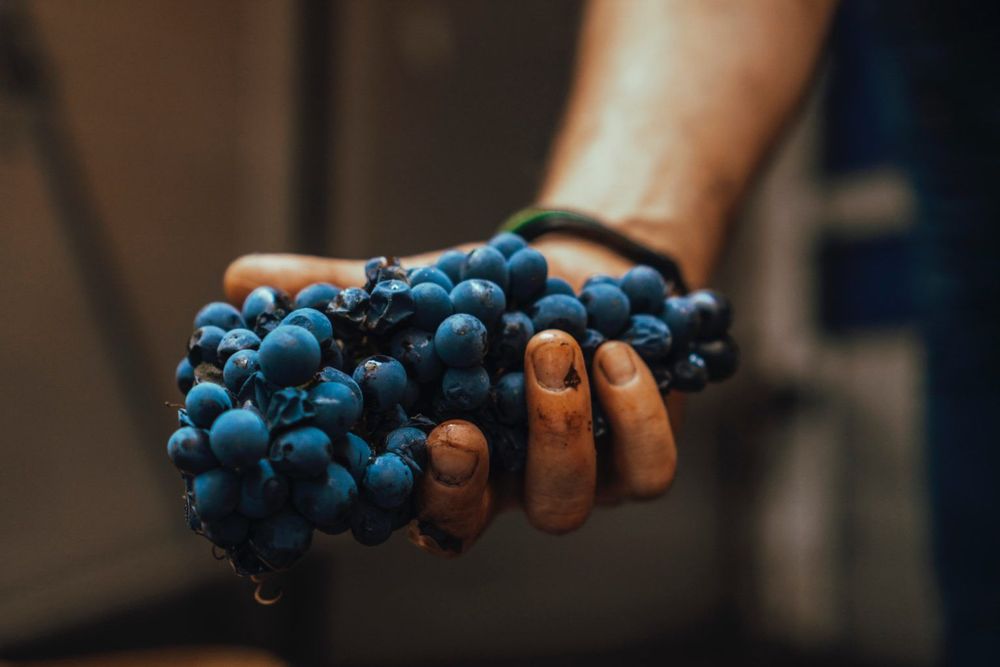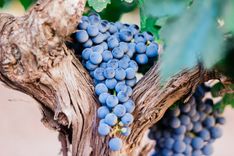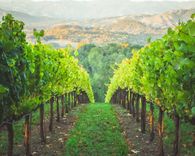
What is an Oenologist and How Do You Become One?
A winery is like a ship. Just like it takes many hands for a ship to navigate through the waters, it also takes many hands for a winery operation to run smoothly. At the winery, there is one person at the helm of it all, the oenologist. These individuals guide the winemaking process from beginning to end. They combine the history of winemaking with modern scientific knowledge to produce a product worth drinking. It’s commonly known that winemaking is an ancient tradition. In fact, the earliest known wine production dates back to 6,000 BC. Since then, this craft has been honed and the information has been passed down from generation to generation. Many of the world-renowned wine houses have been making wine the same way for hundreds of years and over time the process has been perfected. However, wine is a natural and volatile product. Winemakers need to know how to adjust harvest dates, fermentation periods, and other elements to achieve the desired finished product. Even for the most seasoned winemaker, this can prove very challenging. This is where science comes into play. The study of oenology is the study of winemaking. This science-driven program teaches students how to manipulate the wine production process. While the growing season and weather conditions are entirely out of our control, oenologists have the knowledge needed to tweak what is in our control, the winemaking process. Currently, there are over 7,500 wineries in the United States alone and that number is growing, some new regions are even seeing growth rates up to 11%. With the increase in the number of wineries, the demand for this profession will only continue to grow alongside. This is a discipline filled with passionate people who dedicate their careers to winemaking. Let’s dive into the ins and outs of this profession and how to break into this exciting industry.
What is an Oenologist?
An oenologist is more commonly known as a winemaker. While every oenologist is a winemaker, not all winemakers are oenologists. Oenologists have specifically studied the science behind the winemaking process. They typically hold degrees in oenology, winemaking, or viticulture. There are many winemakers that have learned the craft from generations of experience and therefore do not see a need for formal wine education. However, even the most experienced winemaker could benefit from the work of an oenologist. These talented individuals have many responsibilities and talents that could improve the overall wine production, including,
1. Overseeing the Winery
The bulk of the work an oenologist is responsible for occurs after harvest. But throughout the year they are tasked with the management of day-to-day operations. This can mean any number of things such as connecting with suppliers, managing inventory, forecasting customer allocations, and managing staff. Oftentimes, especially in larger wineries, an oenologist may have a team working with them. They could also be responsible for reporting to the winery owners or other stakeholders and provide updates on the winery.
2. Grape Processing
The oenologist is responsible for overseeing the processing of the grapes. This can include the date the grapes themselves are harvested or how much skin contact the grape mash will have. Although this is only the first step, the winemaker is always looking ahead to how they want the finished product to present.
3. Fermentation & Filtration
Fermentation is one of the most important steps in winemaking. It’s in this stage that natural yeast breaks down the sugar in the grapes and produces alcohol. There are guidelines on how long to ferment a batch of wine, but since this is a natural process the length of time is always a moving target. The oenologist will analyze samples throughout this process to ensure the correct results are being achieved. Once they are satisfied with the fermentation, the wine will be filtered to remove the dead yeast cells and residual sediments.
4. Aging and Bottling
Aging is a necessary step to impart flavor or let the wine naturally balance itself out. Some wines take very little time while others take many years. The oenologist will determine how long the wine needs to be aged in order for it to express the specific desired characteristics. If they are looking to cellar the wine for a longer period of time they also understand how the wine will change over time and the “perfect” time to drink.
5. Sales
Larger wineries have entire departments dedicated to sales. But smaller wineries rely on the expertise of their oenologists. Particularly in small batch production, these winemakers need to strategically allocate cases to specific markets. This is to either gain exposure in a new market or continue their presence in existing markets. The oenologist will work closely with their exports manager to ensure the shipping and logistics are in line to get their product to the masses on schedule. On the surface, it seems that an oenologist just knows the science around the winemaking process. But in reality, they have a diverse set of skills that are essential to making a winery function.
What’s the difference between a Sommelier and Oenologist?

How to become an Oenologist?
There is no doubt about it, oenologists are passionate people. They dedicate their careers to carrying the tradition of winemaking forward and using their scientific knowledge to produce the best possible product. In relation to how long people have been making wine, oenology is only in its infancy. But the addition of this science-based knowledge has only improved the wine industry. Oenology is typically a specialty of a bachelor of science degree. It is usually a 4-year program, although there are some colleges that provide a less intensive 2-year degree. This specialty has been around for many years with widespread growth occuring in the past 3 decades. The theory of this specialty is firmly rooted in biology and chemistry. Students will expect to learn,
- Cell Biology
- Plant Physiology
- Microbiology
- Genetics
- Chemistry
- Biochemistry
- Sensory Science
This style of program is unique. Since it is so specialized the majority of class sizes are small. Although the demand is low for these programs, the small class means students are surrounded by like-minded people who are passionate about this industry. The small classes even become a benefit because it provides ample opportunity for student and professor engagement. This tight group also helps foster a strong sense of community with peers and professors. As the saying goes it’s a small world, this is true of the wine industry as well. These programs work to combine scientific knowledge, with co-op and networking opportunities. As with any industry, the biggest barrier to entry is a lack of experience. But with the unique structure of theory and real-world application graduates have the confidence in their skills in order to hit the ground running.
The Future of Wine
It’s becoming more and more clear that oenologists are essential to winery operations. Particularly since we are seeing more climate change. Classic growing region climates are changing and new, previously unknown, wine-growing regions are emerging. It will take the hands of talented oenologists to navigate this new world of wine. Their unique knowledge of old world traditions and new world production methods means they are poised to guide wineries to continue to produce incredible products. Without the expertise of these dedicated individuals, the world would have no way of experiencing these wines. As the world demand for wine only continues to grow, this is a profession that stands to grow alongside.
Like this? Here are some other aritlces you may like

How to Become a Winemaker
Do you want to learn to make wine? Winemakers have the techniques and skills required to make this delicious beverage!

How To Get a Job in the Wine Industry
The wine industry is one of the most lucrative industries today. With a variety of jobs available , it's no wonder that people are looking to get involved!

The Different Sommelier Levels and How to Get Them: What They Mean for Your Career
There are many different levels of sommeliers and each level can have an affect on a person’s career. Let’s talk about each of them.